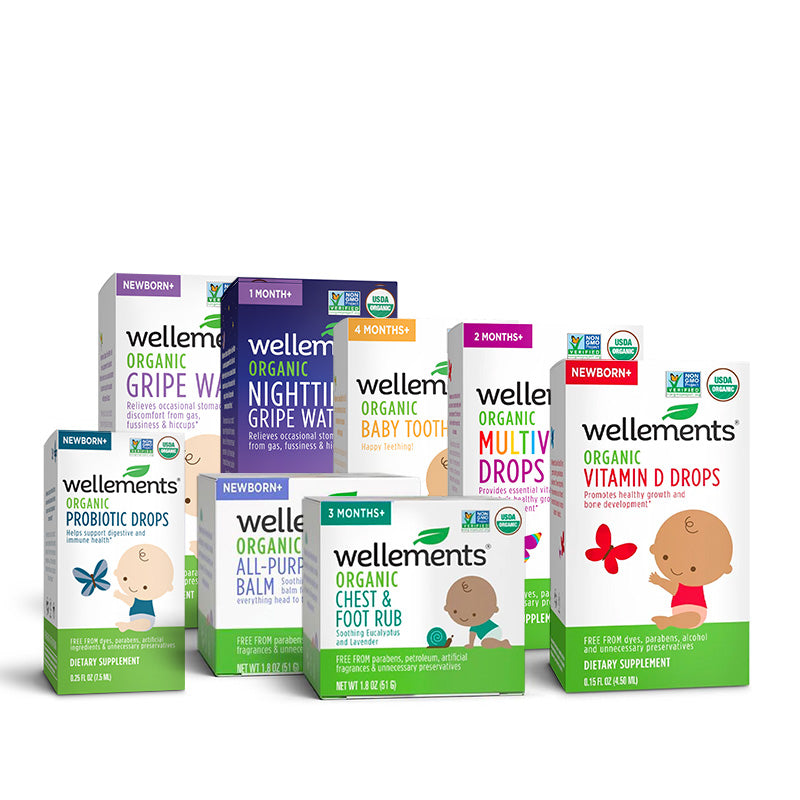
When you have children, you may feel overwhelmed with all the things you need to watch for. However, one important thing you should monitor is your children’s iron levels. Some conditions may require dietary changes or organic infant probiotics. This is what you should know about iron deficiencies in your children.
Why Is Iron Important?
Iron helps children breathe and moves oxygen throughout their bodies efficiently through the hemoglobin in red blood cells. Also, the muscles in their bodies need iron to store and use this oxygen properly.
How Much Iron Do My Children Need?
Children who are under six months of age need approximately .27 mg of iron every day. Those who are six months to one year should have 11 mg. Toddlers up to age three need seven mg, while those from four to eight years of age need 10 mg. Children aged 9 to 13 need eight mg, while those from 14 to 18 need 11 and 15 mg, for males and females, respectively. Males need 8 mg for the remainder of their lives, while females from 19 to 50 need 18 mg and those 51 or older need 8 mg.
What Is an Iron Deficiency and How To Detect It?
Iron deficiency reduces the number of red blood cells in the body. Signs of an iron deficiency include cold hands and feet; pale skin, poor appetite, frequent infections and rapid breathing. Children may also experience behavioral problems and become moody if their iron is low.
They may feel tired all the time and get tired quickly when they are active. Children may feel dizzy and have fast heartbeats as well. Finally, they may desire non-food items, such as ice, dirt or paint.
What Can an Iron Deficiency Cause?
Children with iron deficiencies may experience headaches, fatigue and weakness. Your child may feel chest pain or shortness of breath. Chronic conditions may be exacerbated by iron deficiencies. Children could experience delays in their development and develop heart problems. They can have trouble learning, concentrating and remaining alert.
What To Do if Your Child Has an Iron Deficiency
If you suspect that your children have iron deficiencies, get them checked by a physician. Also, choose natural, iron-rich foods, such as beans, eggs, red meat, iron-fortified bread and cereals, green vegetables and dried fruits. Include foods that are high in vitamin C, such as tomatoes, oranges and strawberries. Choose formulas that are fortified with iron for infants and babies. You can also supplement their iron with products like immune booster for toddlers, but consult your physician before adding these to your child’s routine.
What Are the Causes of Iron Deficiencies
Iron deficiencies have several causes. Loss of blood from surgeries or injuries, GI tract bleeding from inflammatory bowel disease, cancer, celiac disease, ulcerative colitis, ulcers, Chron’s disease or other GI tract disorders; urinary tract bleeding; and use of NSAIDS or aspirin can all cause deficiencies. Some children have genetic disorders that prevent them from absorbing iron properly. Kidney disease and inflammatory diseases as well as recent surgeries in the abdomen can impact iron absorption.
Consult your pediatrician if you are concerned about pre and probiotics, and ask about iron deficiency prevention.
